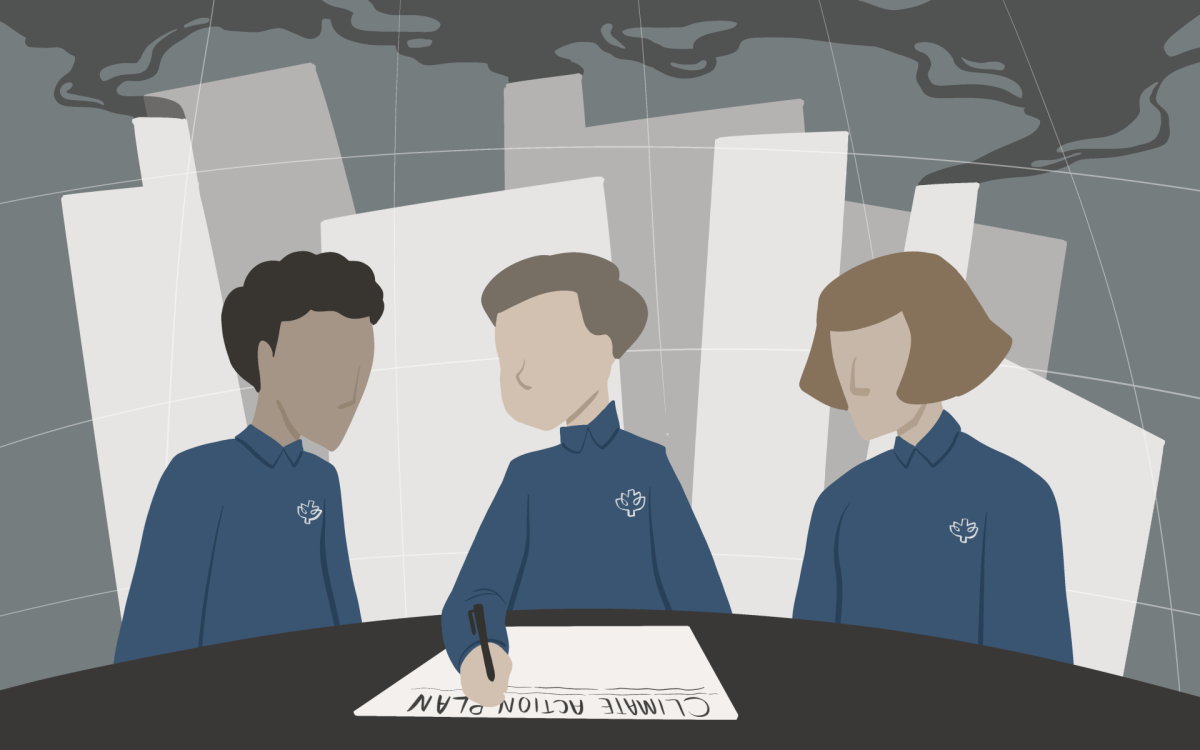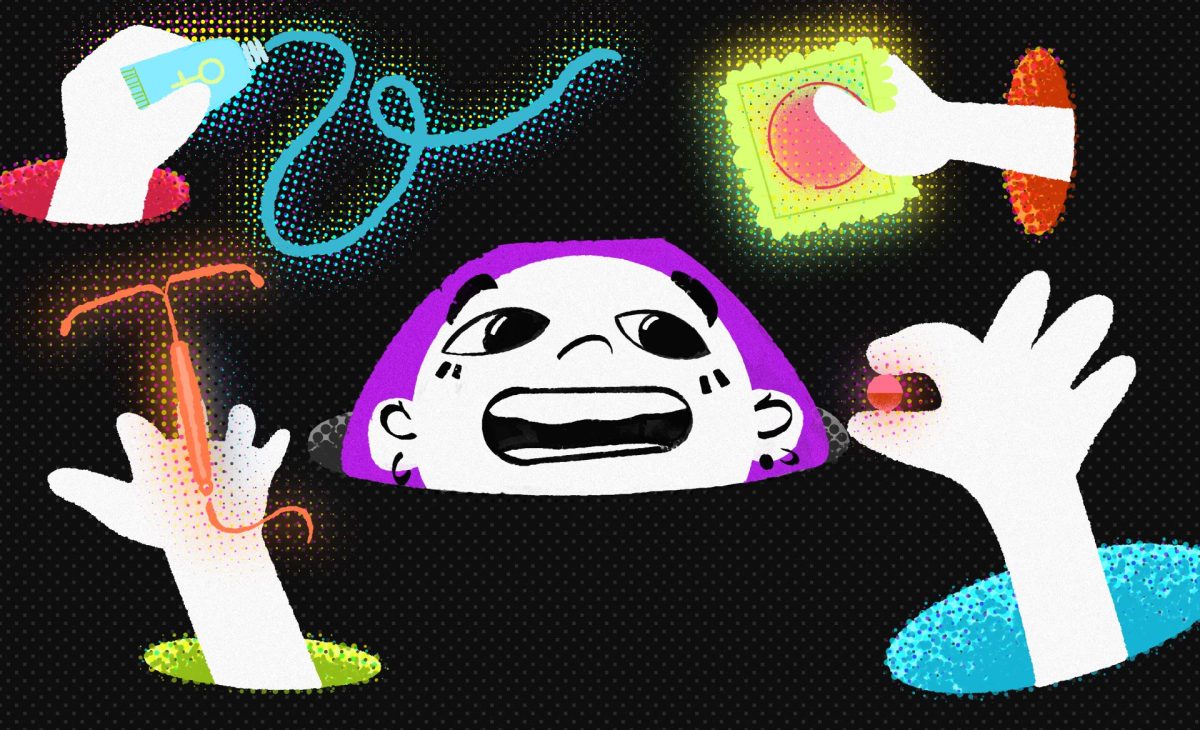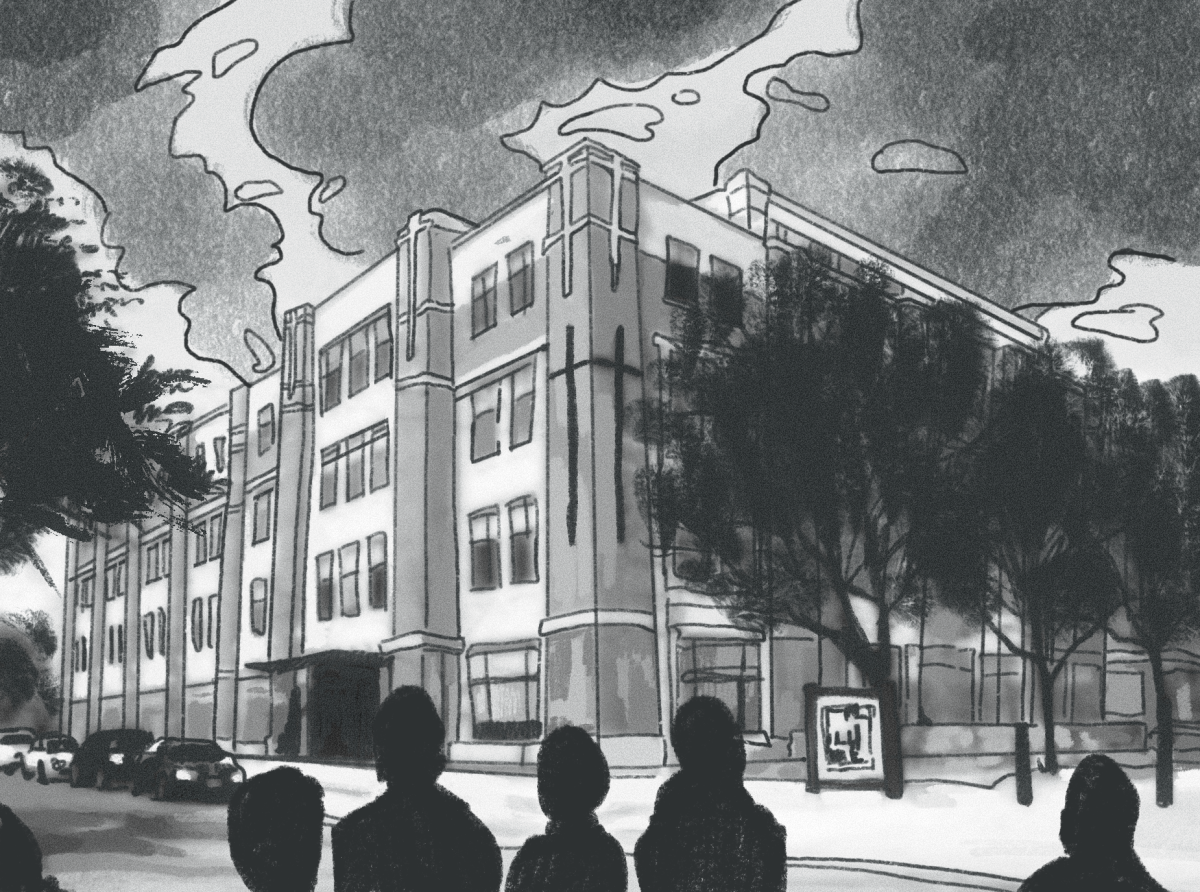Dreaming about making his own video game since he was 5 years old, Kansas native Evan Holloway knew what he wanted to do for a living. Now as a sophomore in DePaul’s computer game development program, Holloway has found his way into the gaming industry.
He is in good company as many like-minded students across the country now have an opportunity to make their hobby into a career.
According to the Entertainment Software Association (ESA), 385 colleges offer professional certificates and degrees in video game design. This is an increase of more than 50 percent since 2009.
DePaul introduced its game design program in 2005 and was one of the first universities to have a program of this type. This year, the Princeton Review ranked the university in the top 20 for undergraduate schools and in the top 12 graduate for schools in game design.
Brian Schrank, assistant professor of game development, theory and design, described the program in DePaul as vibrant and dynamic.
“Faculty and students have both the support and freedom they need to create innovative, quality work,” he said. “The art and game development community in Chicago is large, active and friendly, which makes the city attractive as well.”
Robin Burke, one of the professors who launched the program, said the idea for the game development program came from the discussion between he and Professor Charley Wilcox.
“We saw both the interest in game development and the capacity to meet that interest,” Burke said. “With the diversity of offerings, we had all the expertise needed to teach game development.”
Graham Gilreath, a former student now working as a quality assurance engineer at
Wargaming.net, said, “There wasn’t a day throughout my four years of study that I even remotely regretted my decision both to study game development and to choose DePaul.”
The program gave Gilreath the knowledge and the confidence for his career.
“The skills I learned at DePaul allowed me to be a helpful asset to my team,” he said. “I created a glossary of common development terms for new testers to use. This glossary evolved and is now part of the training and knowledge library we utilize for our tests department.”
In the early stages of Gilreath’s senior capstone, his group created a character with features of classic puzzle toy, and put up a promotional video on YouTube.
“We got some buzz from a major gaming publication,” he said. “It’s totally unexpected and exciting.”
A week later, they received a cease and desist letter from a representative of a toy company.
“We were entirely taken aback,” he said. “But all things considered, this experience ended up being extremely beneficial for our group because it forced us to rethink and redesign our character and the changes led to a more unique, endearing style.”
According to Burke, “play” is a key object in this program.
“Video games are just the latest and most visible innovation in play, but play is an essential and durable human activity,” he said. “In the future, I would like to see the game development program broaden into a wider discussion of play as an object of study at DePaul.”
“It’s a lot of hard work and it’s also a lot of network and business meetings. You cannot avoid the paper work, Holloway said. “You may dedicate 70 or 80 hours of your life a week in your program. It’s just about balance.”
Balancing the relationship between life and video games is the key to succeeding, according to Gilreath.
“Get involved while you’re at DePaul,” he said. “It’s easy to play video games as your sole past time, but getting out there, trying new things and meeting new people is some of the most important learning you’ll do.”
Companies look for well-rounded, likable employees.
“After all, you wouldn’t want to spend 40 plus hours a week with total weirdos,” Gilreath said. “Being passionate about games and the industry is great and important, but there are so many other fantastic things in life as well.”
Schrank said games will continue to absorb and use novel technologies.
“Take notice of our social and culture shifts,” he said. “Try to think about how games could better relate and seem relevant to our everyday lives.”
Gilreath said more companies expect designers to have some sort of scripting or coding experience.
“There is no such thing as an ‘ideas guy’ in the game industry. If you want to be a real designer with a real job, you need to learn good theory and great design. Don’t just look to games for inspiration. So game on, and live well,” Gilreath said.














